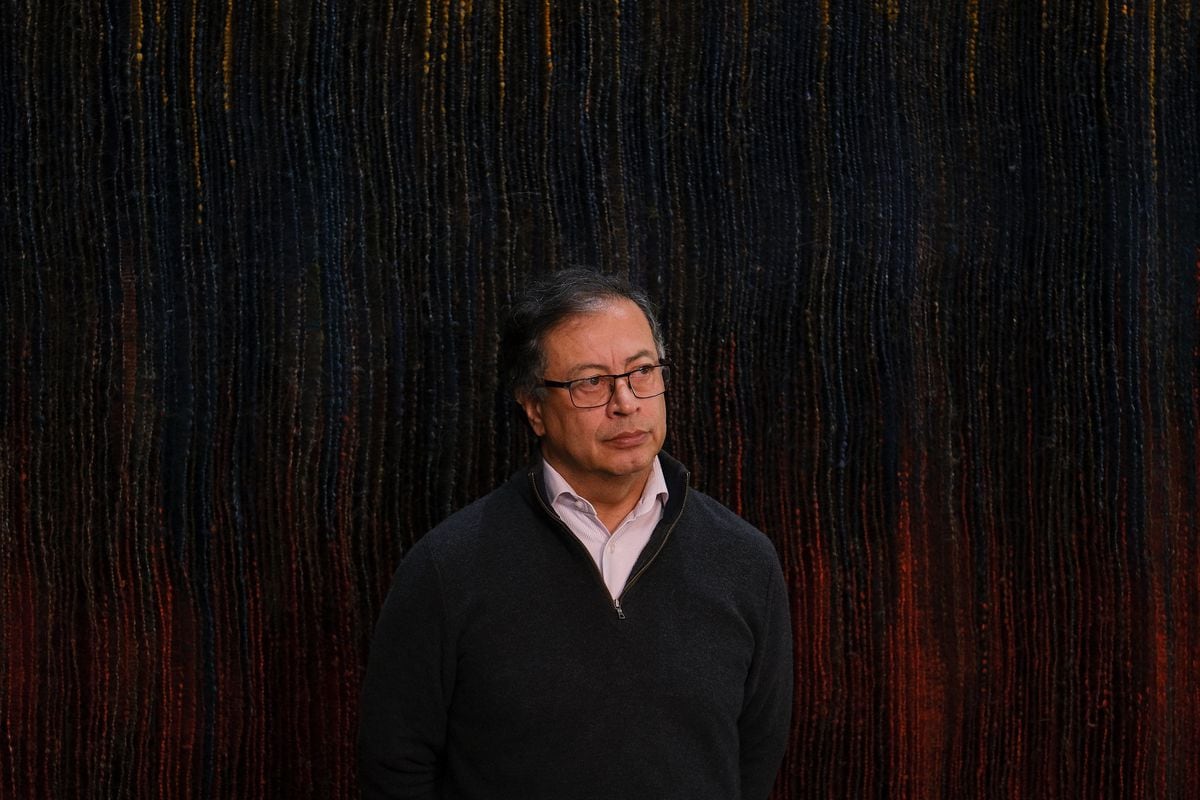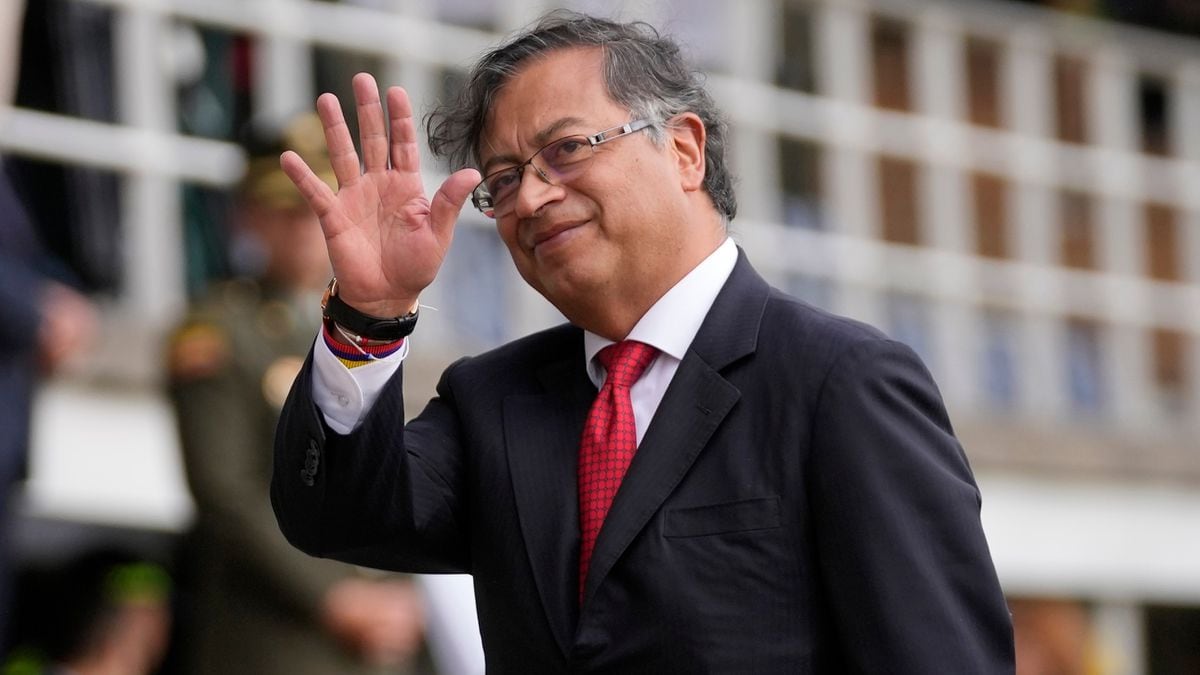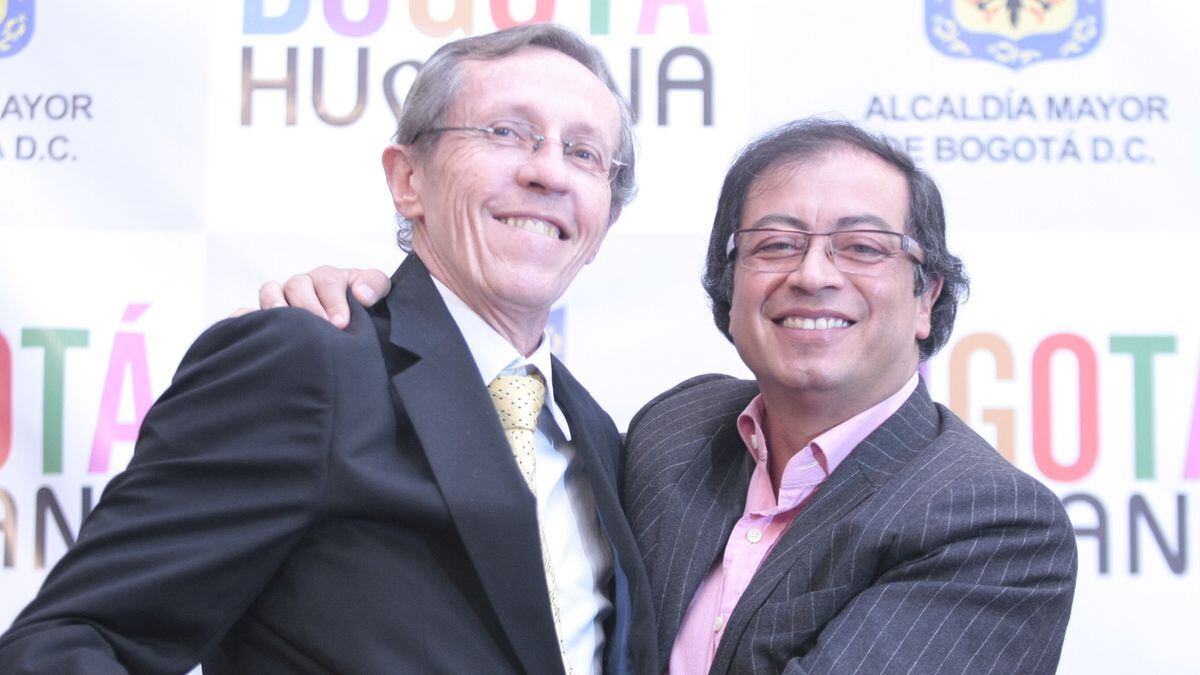The most powerful antidote to fear seems to be hope.
Faced with both sentiments, Colombians are divided between those who are inspired by Gustavo Petro first, and those who have the highest expectations of him.
Judging by the elections last August, it's more or less half and half.
How can Petro manage the State in such a way that he can calm the fear of some and give hope to all?
This week's response comes from something we could call the awakening of the institutions, as a reaction to the president's initiatives.
Let's start with public opinion.
The polls show a significant deterioration in the president's favorability.
An excess of initiative leads him to an erratic pattern, in which one day he prohibits copper mining in that municipality, another day he gives carte blanche to the coca growers of that region, another day he becomes the energy regulator, in replacement of the legally authorized technical commission, or proposes reforms that create anxiety instead of tranquility.
The polls seem to punish that attitude.
The second element is internal dissent on the part of the moderate and more economically experienced members of the presidential cabinet.
The ministers of Finance, Agriculture, Planning and Education (the latter now former) first spoke out and then in writing against a health reform proposal that they consider undesirable.
This unleashed a ministerial crisis, in which two other ministers fell (Culture and Sports) who did not have candles at that funeral.
The third reaction came from the political parties of the government's own coalition.
They distanced themselves from reforms that they do not share, undoubtedly with an eye on the regional elections next October.
Politicians hate declines in popularity like the plague, and are opportunistic in going over to the other side if they sense that the public will.
The fourth front of difficulties came from the side of the high courts, particularly the Council of State and the Constitutional Court.
The first suspended (verb that appeared for the first time this week), the presidential decree that allowed Petro to take over the functions of the energy and gas commission.
On the other hand, the Constitutional Court opened the possibility of suspending laws if it considers that they do not comply with the constitutional design of the country.
With these two determinations, the High Courts say present, we exist and, in that case, we set limits to the discretion of the Executive, when it exceeds its functions.
The fifth front came from the Attorney General of the Nation, who stood up to the Government for wanting to suspend the sentences of the big drug traffickers who are in jail, through a bill that is being processed quietly to humanize the penitentiary system.
Petro said that he did not know, and no one knows anymore who promoted such generosity.
The sixth front is the press, in its function of publicizing possible reprehensible conduct, in this case by the president's eldest son and brother.
The first, for allegedly having received contributions to the presidential campaign from
unholy
origins , and having kept them, according to his ex-wife.
And the brother, for allegedly carrying out functions exclusive to the Peace Commissioner.
Petro has distanced himself from both events and has requested investigations by the Prosecutor's Office.
The last front is spontaneous demonstrations by hundreds of professionals and dozens of unions who are aware of the issues and express their concern, reservations and alternative proposals to those of the Government.
To these must be added the massive street demonstrations in mid-February.
In short, the institutions woke up and began to act, seeking to limit the excesses of the Executive.
This seems to be another powerful palliative against fear.
This is not to say that Petro cannot advance his positive agenda.
Rather, that she must temper her negative and destructive agenda.
Specifically, tertiary roads and sidewalks can be built to boost peasant agriculture, without sacrificing the construction of highways and national highways, such as fourth and fifth generation concessions (4G and 5G in the sectoral jargon).
The Government can dedicate its resources, from the bonanza due to the price of oil and coal, to the first type of roads, and the private sector can take care of the others.
That is, change the O to the AND. It is not this OR the other, but this AND the other.
The same goes for health.
To provide primary care centers to remote areas of Colombia, a felt need, it is not necessary to sacrifice the so-called Health Provider Entities (EPS), which work well for insurance, logistics and cost control in urban countries. and modern, where 80% of the population lives.
Yet another example.
In order to give monthly help to three million poor old men, a noble and urgent goal, it is not necessary to destroy the individual savings pension system and its administrators, the AFPs.
In short, you don't need to finish what works to fix what doesn't.
Petro can do the positive and hopeful part of his government agenda, without having to incur in the negative and destructive.
The economy was doing well and can continue to do well if the government abandons its aggressiveness and pugnacity against sectors such as hydrocarbons, mining, banking and construction.
Exports, remittances and foreign investment are advancing, and family consumption has moderated, but it is not in crisis.
2023 is the decisive year of this Government.
There will be no second chance to nurture hope and confidence, assuage fear, and cement a legacy.
The recovery of governance and approval in the polls requires listening to Colombian institutions.
Never in seven months have they been more vocal about what they do and don't want to eat this week.
Many reservations persist about each of his reforms.
The Government can concentrate on the positive part of its agenda and feed hope, instead of insisting on the negative and fuel panic.
Juan Carlos Echeverry
is Ph.D.
in economics, he was Minister of Finance of Colombia and CEO of Ecopetrol.
Subscribe here
to the EL PAÍS newsletter on Colombia and receive all the latest information on the country.
Sign up for free to continue reading
LOGINSIGN UP
Or subscribe to read without limits


/cloudfront-eu-central-1.images.arcpublishing.com/prisa/NCQFUQJJ4ZHRJLKNWPLQ2MFQR4.jpeg)
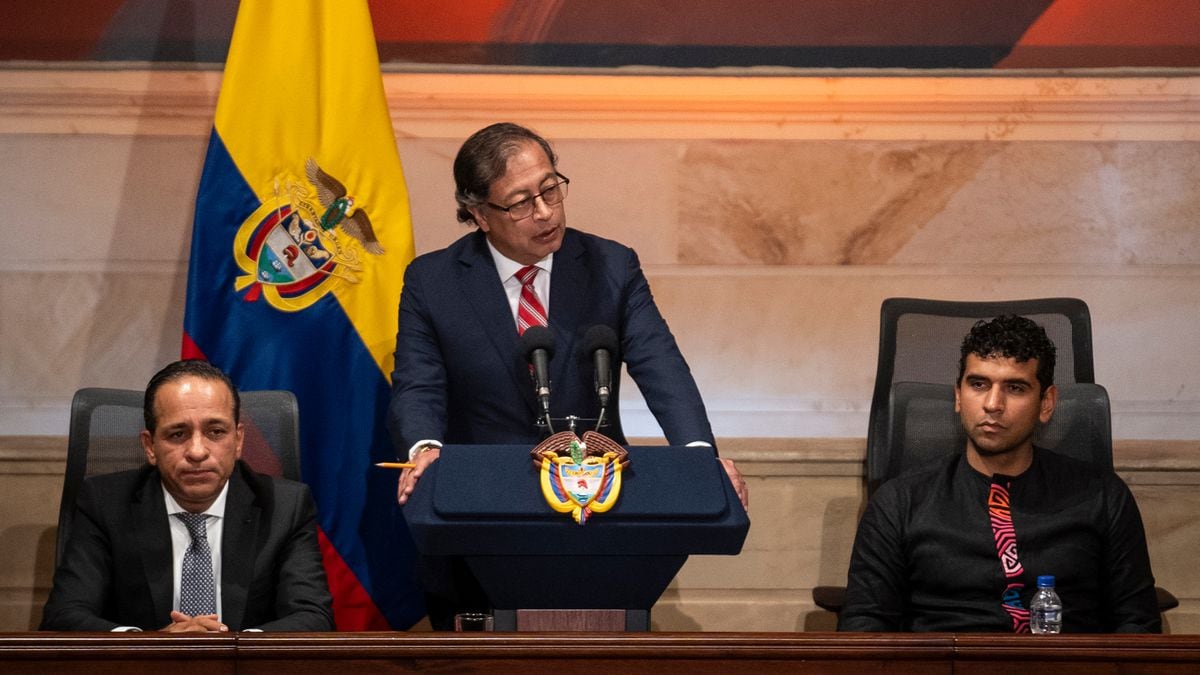
/cloudfront-eu-central-1.images.arcpublishing.com/prisa/RYAE4R2YX5G7LGEJQ74SXZI47A.jpg)
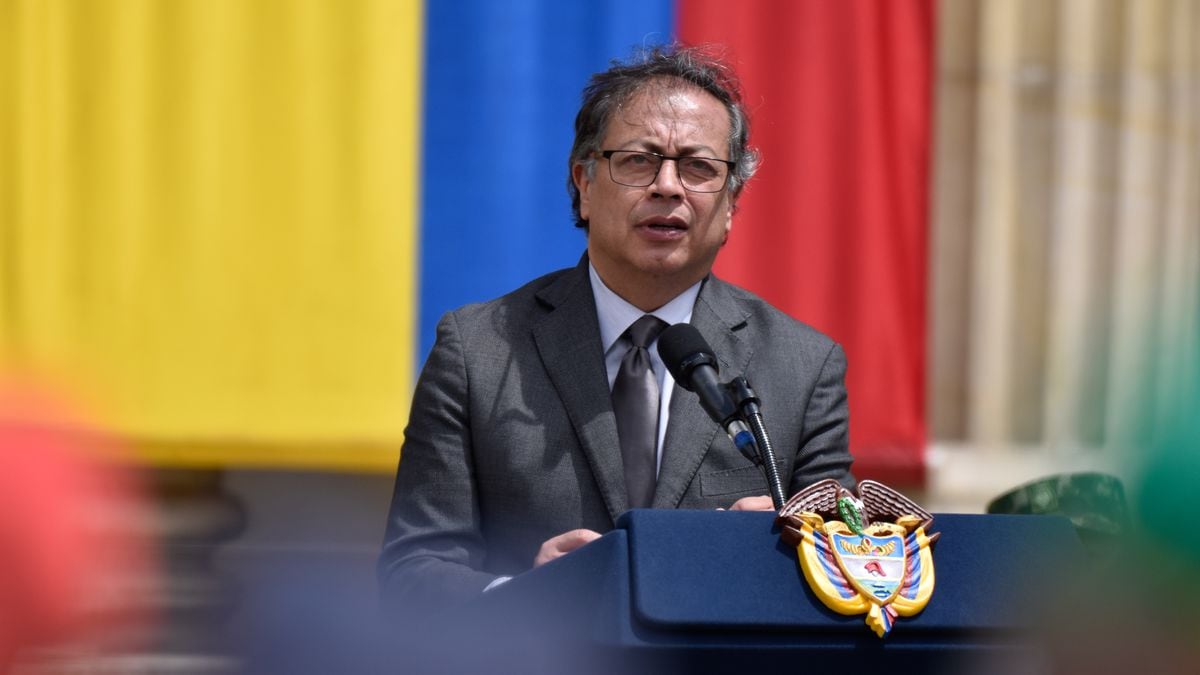
/cloudfront-eu-central-1.images.arcpublishing.com/prisa/EVSKKGOZHPTBCJL2XV22X45PVY.jpg)
